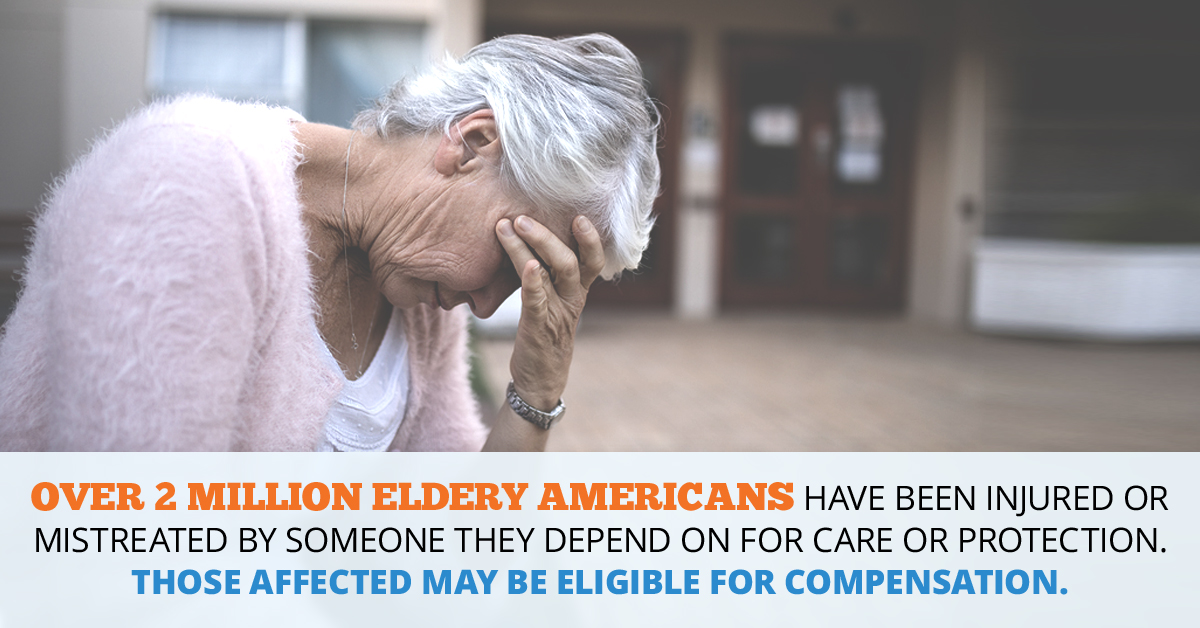How a Nursing Home Abuse Lawsuit Could Help
- Medical bills
- Hospital visits
- Ongoing care
- Pain and suffering
- Surgery
- Physical therapy
- Therapy or counseling
- Over-the-counter or prescription medications
- Funeral expenses
When it comes time for an elderly loved one to move into a nursing home or long-term care facility, where they can be properly cared for, we expect a certain level of care and attention to their daily living needs befitting a healthcare setting. All too often though, elderly individuals are subjected to abuse at their hands of their caregivers, and nursing home abuse and neglect have become national concerns. If you or a loved one has suffered injuries or abuse as a resident of a nursing home facility, contact an experienced nursing home abuse attorney as soon as possible to ensure that your legal rights to compensation are examined and protected.

The unfortunate truth is that older people living in nursing home facilities are vulnerable to physical and/or psychological abuse or neglect on the part of their caregivers, the very people to whom their well-being is entrusted. Whether nursing home abuse falls into the category of neglect or an intentional act of abuse, the nursing home and/or caregiver can be held responsible for any injuries sustained as a result of the abuse or neglect. A nursing home can be held liable for negligence if the injured resident or his or her loved ones can prove that the conduct of an employee or an ongoing practice at the facility caused the injuries. Some examples of negligent behavior leading to a civil lawsuit include:
Nursing home abuse is significantly underreported, either due to caregivers’ lack of awareness or adequate training on detecting abuse, or nursing home residents’ reluctance or inability to report the abuse.
Nearly two million Americans live in nursing homes or long-term care facilities, and federal nursing home regulations state that residents of nursing homes have “the right to be free from verbal, sexual, physical, and mental abuse, corporal punishment, and involuntary seclusion.” Unfortunately, because many nursing home residents are elderly or ill and unable to protect themselves, nursing home abuse remains a serious problem in the United States, one that is significantly underreported, either due to caregivers’ lack of awareness or adequate training on detecting abuse, or nursing home residents’ reluctance or inability to report the abuse. According to current statistics, more than two million cases of nursing home abuse are reported each year, and almost one out of every 10 elderly individuals suffer some form of elder abuse. Sadly, these numbers grossly understate the problem of nursing home abuse in this country.
There are many different kinds of nursing home abuse, and just as many possible contributing factors that may lead to the abuse or neglect of elderly nursing home residents, including: poorly qualified or inadequately trained staff, understaffing, staff with a history of violence, the isolation of residents at a nursing home facility, and the reluctance of abuse victims to report their injuries out of fear or embarrassment. While physical abuse is typically the most obvious type of nursing home abuse, the abuse of elderly nursing home residents can take on a variety of forms, including: